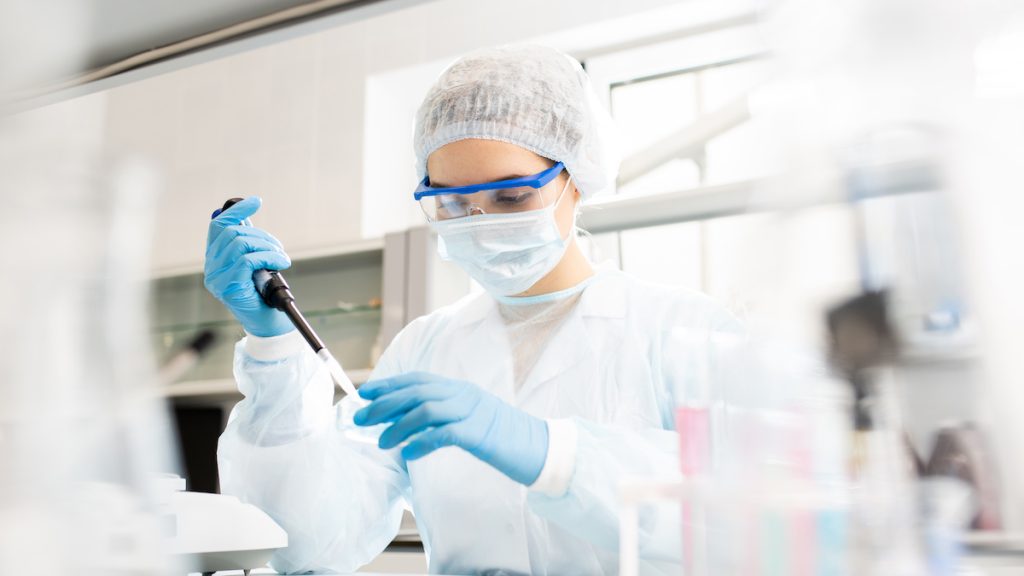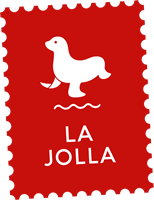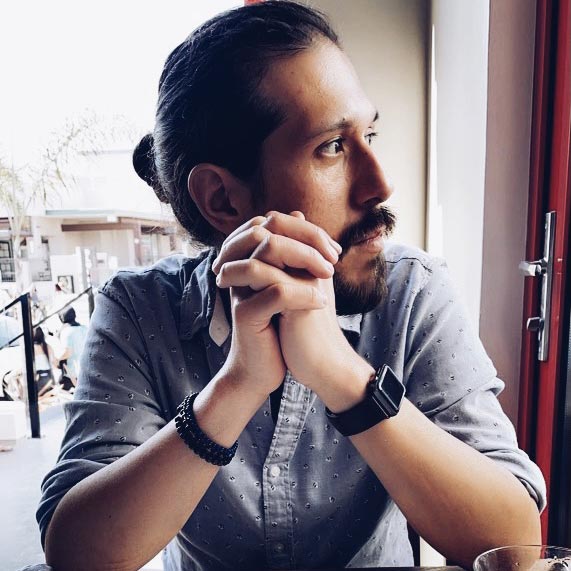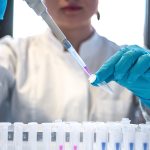La Jolla Scientists Make Promising Cancer Vaccine Discovery


La Jolla scientists have made a promising discovery that could help the development of personalized cancer vaccines
Researchers at the La Jolla Institute for Immunology, which is renowned for its past work developing vaccines, have discovered an interesting method to take the guesswork out of custom cancer vaccines, according to the San Diego Union-Tribune.
In a study published in the journal Science, the team reported that their method can detect valid tumor targets — known as neoantigens — about 10 times better than current computer-based modeling.
The goal of the research would be to supplement existing cancer vaccines. These types of cancer-fighting concoctions can cause a patient’s own immune system to create T-cells that can directly go after cancer cells — as long as the vaccines are loaded with the right snippets of proteins matching specific tumor features.
Reportedly, the La Jolla scientists developed a novel way of priming cancer vaccines since the method uses a patient’s blood to determine which specific tumor targets are viable.
The system relies on analyzing and comparing the DNA of non-cancerous cells to those collected specifically from tumors. From there, the system is designed to determine which mutations in the tumor cells could be detectable by the body.
As far as how cancer vaccines work in the first place, the team says that they basically provide the body with a “map” of which cells are cancerous — and then give the go-ahead to target and attacked those cancer cells.
Although it’s still early in the development of cancer vaccines, the La Jolla scientists are hopeful that there will be a sea change over the next decade that could lead to more effective cancer treatment and prevention.
La Jolla is well-known for hosting a bustling scientific community, and past La Jolla scientists have even won Nobel Prizes and other prestigious awards in the past.
Media credit: Image licensed from Adobe





